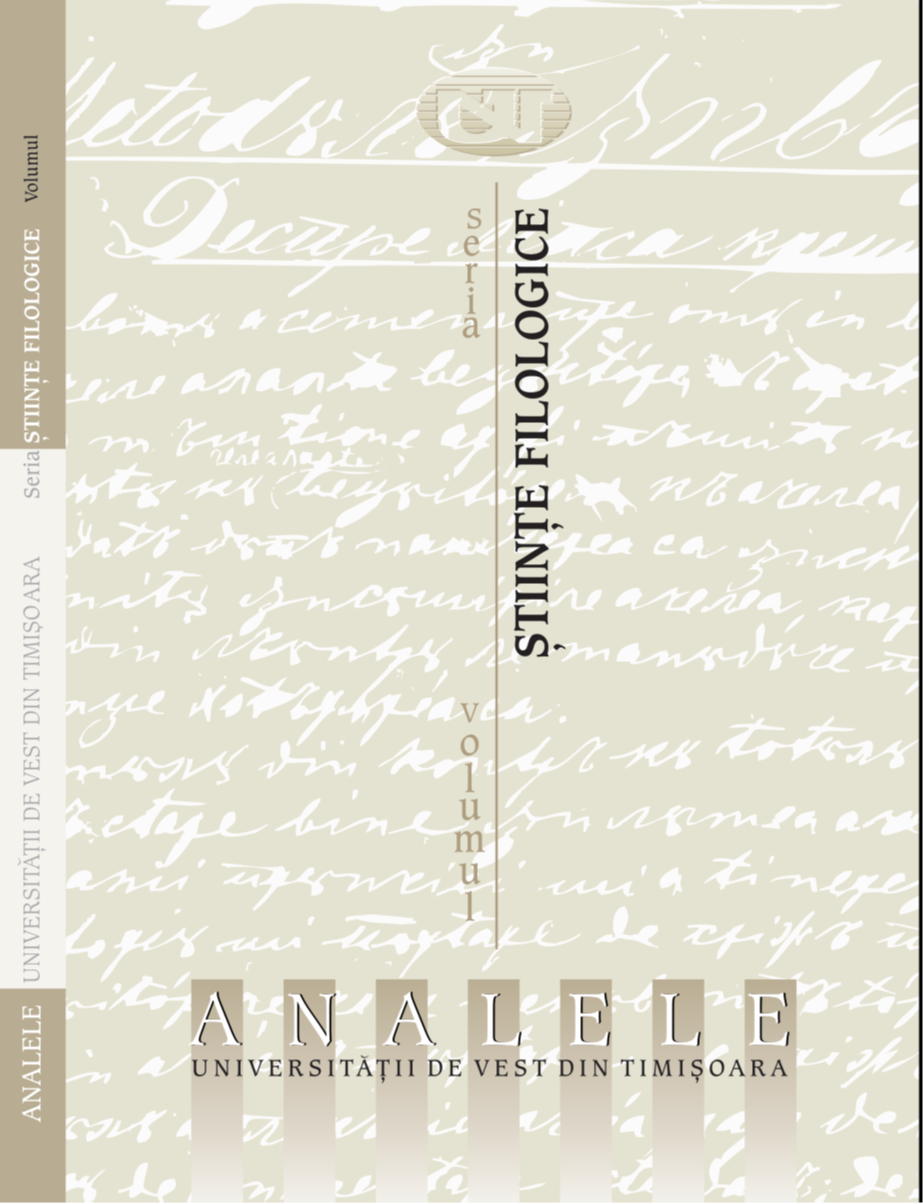„Schneewärts“… Unterwegs Zum Persönlichen Mythos?
“Snowwards”… On the Way Towards the Personal Myth?
Author(s): Gabriel H. DecubleSubject(s): German Literature
Published by: Editura Universităţii de Vest din Timişoara
Keywords: Celan; Snow; Snow Queen; Hans Castorp; Parzival;
Summary/Abstract: The statement according to which “snow” is one of the prevalent motifs in Celan’s poetry should be more than the mere object of statistical verification; one should rather place it in the right exegetical context. While in a first period, prior to the publication of the volume Atemwende (1966), “snow” was mainly a sign of topographic uncertainty or a “non-lieu” of horrific unpunished crimes of the past for which Celan’s poetry is struggling to testify—cf. the frequent references to the Siberian site of Ossip Mandelstamm’s execution (with snow being, in Celan’s symbolical language, also a silent witness of the Holocaust) — beginning with the second period, in Celan’s work “snow” refers to the timid hope of reunion with the dead by means of an abstruse alchemy of dream, the breath crystal (“Atemkristall”) being its strongest symbol. Celan’s various biographic experiences of snow and readings about snow continuously enriched the term’s wide semantics. However, the following article argues that the lead image of a “breath crystal” and other symbols related to it were inspired by intense readings of H. C. Andersen’s Snow Queen, Thomas Mann’s Magical Mountain, and Wolfram’s Parzival. In the light of these newly considered sources of inspiration, some key poems are being reinterpreted, whereas for the last work period, especially along with the posthumous volume Schneepart, one can acknowledge Celan’s preoccupation to open new perspectives on “snow” as a sign of hope for social Parousia, i.e., the return of the Holocaust’s victims in guise of nowadays living sufferer, thus formulating an implicit lyrical manifesto, which could also provide an answer to Adorno’s refutation of poetry after Auschwitz as being barbaric.
Journal: Analele Universităţii de Vest din Timişoara.Seria ştiinţe filologice
- Issue Year: 61/2023
- Issue No: 61
- Page Range: 81-108
- Page Count: 28
- Language: German

